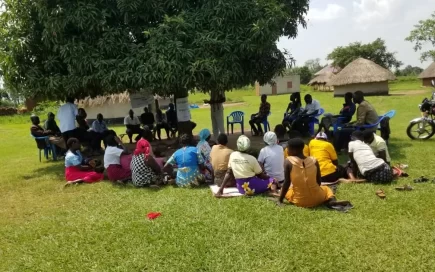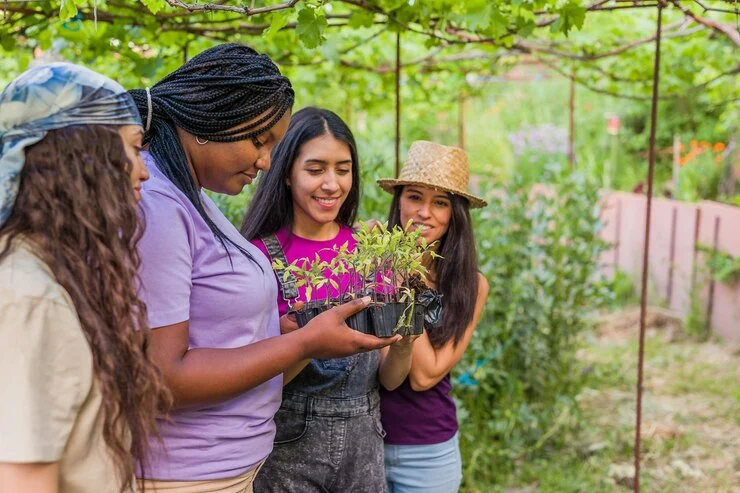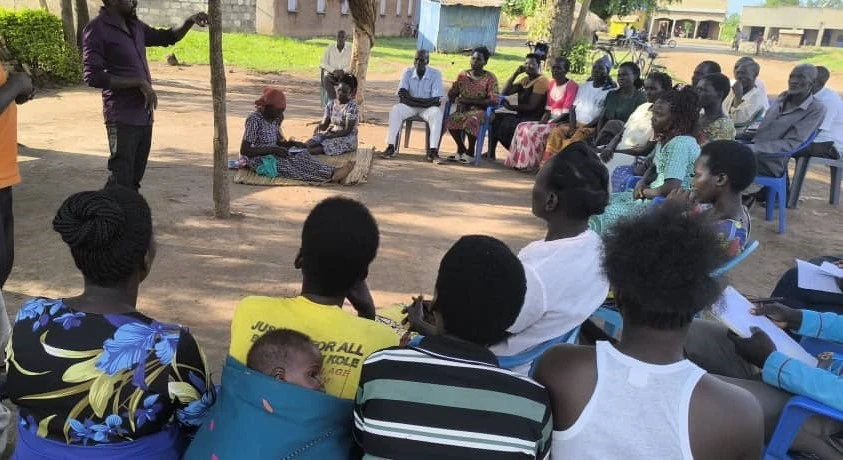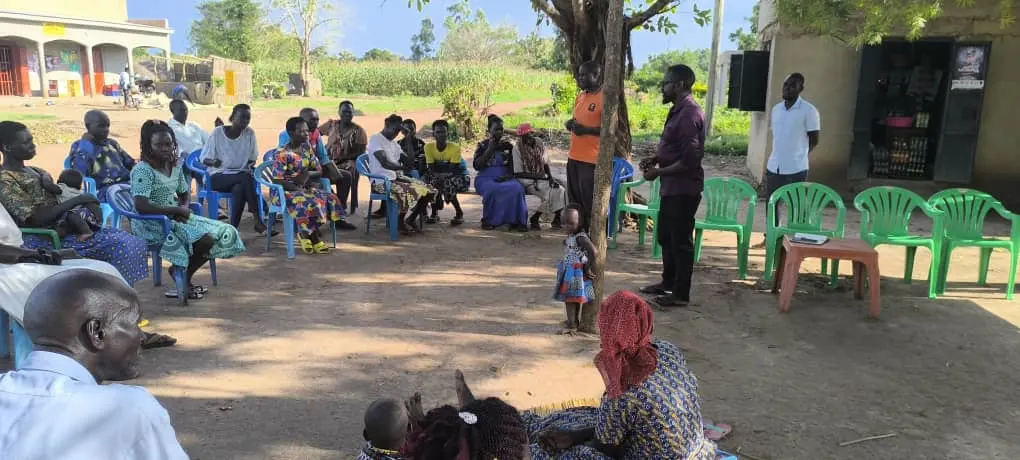In a rapidly changing world, the importance of agricultural education cannot be overstated. Agrosahas International PVT LTD is dedicated to integrating agricultural knowledge into school curriculums, preparing the next generation for the challenges and opportunities in agriculture. This blog explores how Agrosahas’ educational programs are shaping the future of farming through innovative school initiatives, and answers key questions related to the importance and implementation of agricultural education.
The Importance of Agricultural Education in Schools
Agricultural education in schools aims to:
- Enhance Knowledge: Equip students with essential knowledge about agriculture, including sustainable practices, food production, and environmental stewardship.
- Promote Sustainability: Encourage the adoption of sustainable farming practices from a young age, fostering a generation that values environmental conservation.
- Boost Career Opportunities: Open up career opportunities in the agricultural sector, encouraging students to pursue professions in farming, agribusiness, research, and technology.
- Ensure Food Security: Raise awareness about food security issues and the importance of local food production.
- Empower Communities: Build a foundation for community resilience by empowering students with the skills and knowledge to contribute to their local economies and food systems.
Agrosahas’ Approach to Agricultural Education
Agrosahas integrates agricultural education into school curriculums through a multifaceted approach that includes practical training, theoretical knowledge, and community involvement.
Farm to School Program in Uganda
The Farm to School program in Uganda, connects schools with local farms to provide fresh, nutritious food and educational opportunities. This program aims to:
- Improve Nutrition: Provide students with access to fresh, locally grown produce, improving their diet and overall health.
- Hands-On Learning: Offer hands-on learning experiences through school gardens, farm visits, and interactive workshops.
- Community Engagement: Foster connections between schools and local farmers, strengthening community ties and support for local agriculture.

Primary and Secondary Agriculture
Primary Agriculture: This level of education focuses on introducing young students to the basics of agriculture. It includes:
- Basic Concepts: Teaching fundamental concepts such as plant growth, animal husbandry, and the importance of agriculture in daily life.
- School Gardens: Implementing school garden projects where students can practice growing vegetables, herbs, and flowers.
- Interactive Lessons: Using interactive lessons and activities to make learning about agriculture fun and engaging.
Secondary Agriculture: At the secondary level, agricultural education becomes more advanced, covering topics such as:
- Advanced Practices: Teaching advanced farming practices, including sustainable agriculture, irrigation techniques, and pest management.
- Agribusiness: Introducing students to the business side of agriculture, including marketing, finance, and entrepreneurship.
- Technology Integration: Integrating modern agricultural technologies such as precision farming, drones, and IoT devices into the curriculum.

Future Goals
Agrosahas is committed to expanding its educational programs to reach more schools and students across Uganda. Future goals include:
- Scaling Programs: Expanding the Farm to School program to more regions, increasing the number of participating schools and farms.
- Digital Learning: Developing digital learning platforms to provide agricultural education to students in remote areas.
- Collaborative Projects: Partnering with other organizations to create collaborative projects that enhance the scope and impact of agricultural education.
- Continuous Improvement: Continuously improving the curriculum and training methods to keep up with the latest advancements in agriculture.
Conclusion
Agrosahas International PVT LTD is dedicated to fostering agricultural knowledge in schools through comprehensive educational programs. By integrating agriculture into school curriculums, Agrosahas is preparing the next generation for the future of farming, promoting sustainable practices, and empowering communities. Through initiatives like the Farm to School program and free agriculture courses, we are ensuring that students have the knowledge and skills they need to thrive in the agricultural sector.




